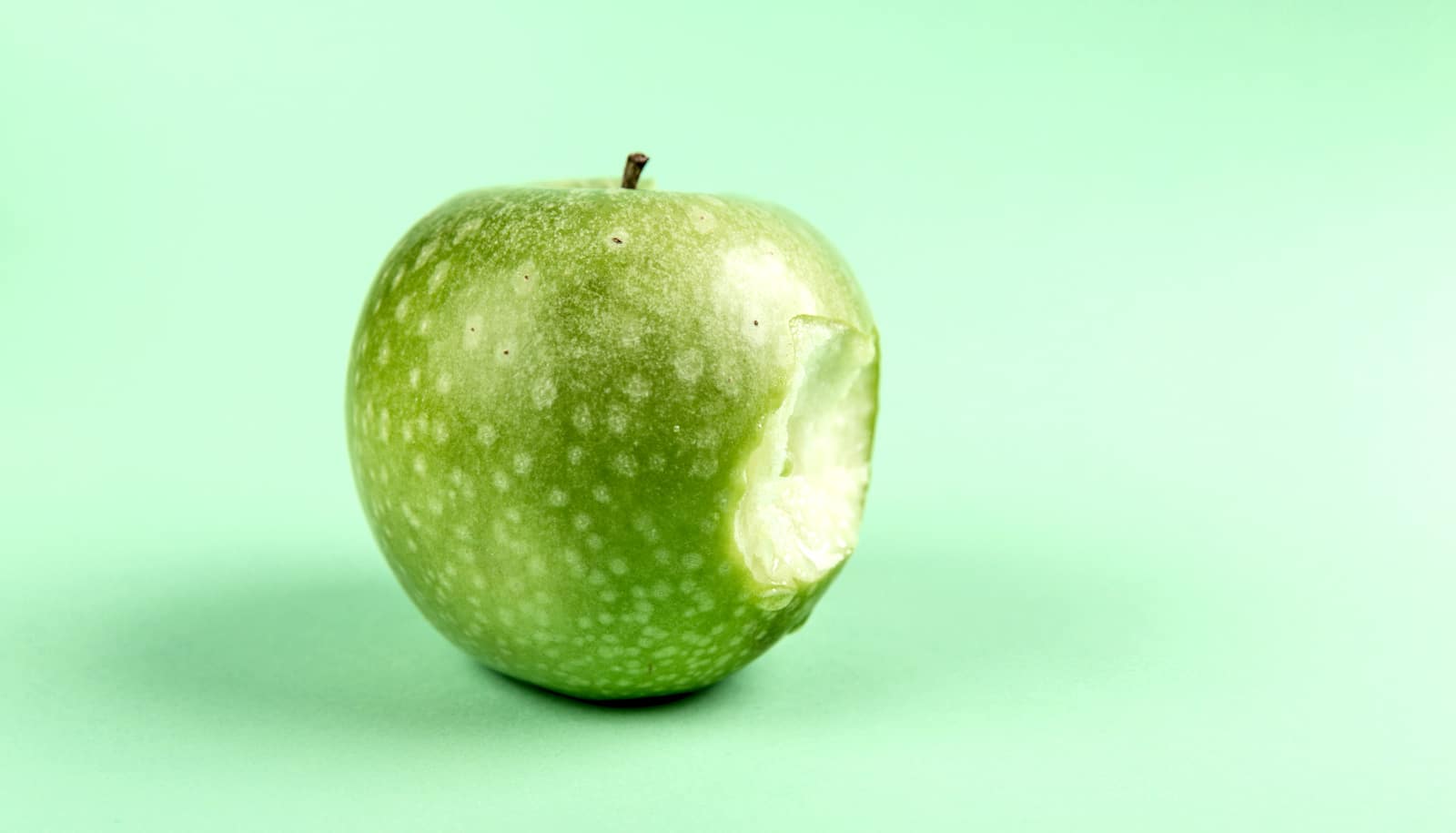Ex-smokers with a diet high in tomatoes and fruit, especially apples, experience a slower decline in lung function as they age, a study suggests.
The findings raise the possibility that nutrients in these foods might help restore lung damage caused by smoking.
Researchers found that adults who on average ate more than two tomatoes or three portions of fresh fruit a day had a slower decline in lung function than those who ate less than one tomato or less than one portion of fruit a day.
The protective effect surfaced only with fresh fruit and vegetables, not in cooked dishes, like tomato sauce, nor in processed foods containing fruits and vegetables. The highest tomato consumption was linked to slower decline in lung function among all adults, including both never-smokers and ex-smokers.
“This study shows that diet might help repair lung damage in people who have stopped smoking,” says Vanessa Garcia-Larsen, assistant professor of international health in the Johns Hopkins University Bloomberg School of Public Health.
“It also suggests that a diet rich in fruits can slow down the lung’s natural aging process even if you have never smoked,” says Garcia-Larsen, the study’s lead author. “The findings support the need for dietary recommendations, especially for people at risk of developing respiratory diseases such as COPD.”
Poor lung function is linked with mortality risks from all diseases, including chronic obstructive pulmonary disease, heart disease, and lung cancer.
Acid in apple peel beefs up aging muscle
The research, part of the Aging Lungs in European Cohorts Study, or ALEC, appears in the European Respiratory Journal. The scientists assessed diet and lung function of more than 650 adults in 2002; they repeated lung function tests on the same participants 10 years later. The subjects lived in Germany, Norway, and the United Kingdom.
The researchers measured how much air each person could expel from their lungs in one second and how much they could inhale in six seconds. The study controlled for age, height, sex, body mass index, socioeconomic status, physical activity, and total energy intake.
The strikingly slower decline in lung function among former smokers who ate a diet high in tomatoes and fruit, especially apples, suggests that nutrients in their diets are helping to repair damage done by smoking, Garcia-Larsen says.
Medical mystery: How smoking spared a man from anemia
“Lung function starts to decline at around age 30, at variable speed depending on the general and specific health of individuals,” she explains. “Our study suggests that eating more fruits on a regular basis can help attenuate the decline as people age, and might even help repair damage caused by smoking. Diet could become one way of combating rising diagnosis of COPD around the world.”
Other researchers who took part in the study are from Imperial College London; Haukeland University Hospital and the University of Bergen in Bergen, Norway; Ludwig-Maximilians-University in Munich, Germany; and the Municipal Institute of Medical Research in Barcelona, Spain. The overall ALEC Study is led by Imperial College London and funded by the European Union.
Source: Johns Hopkins University



